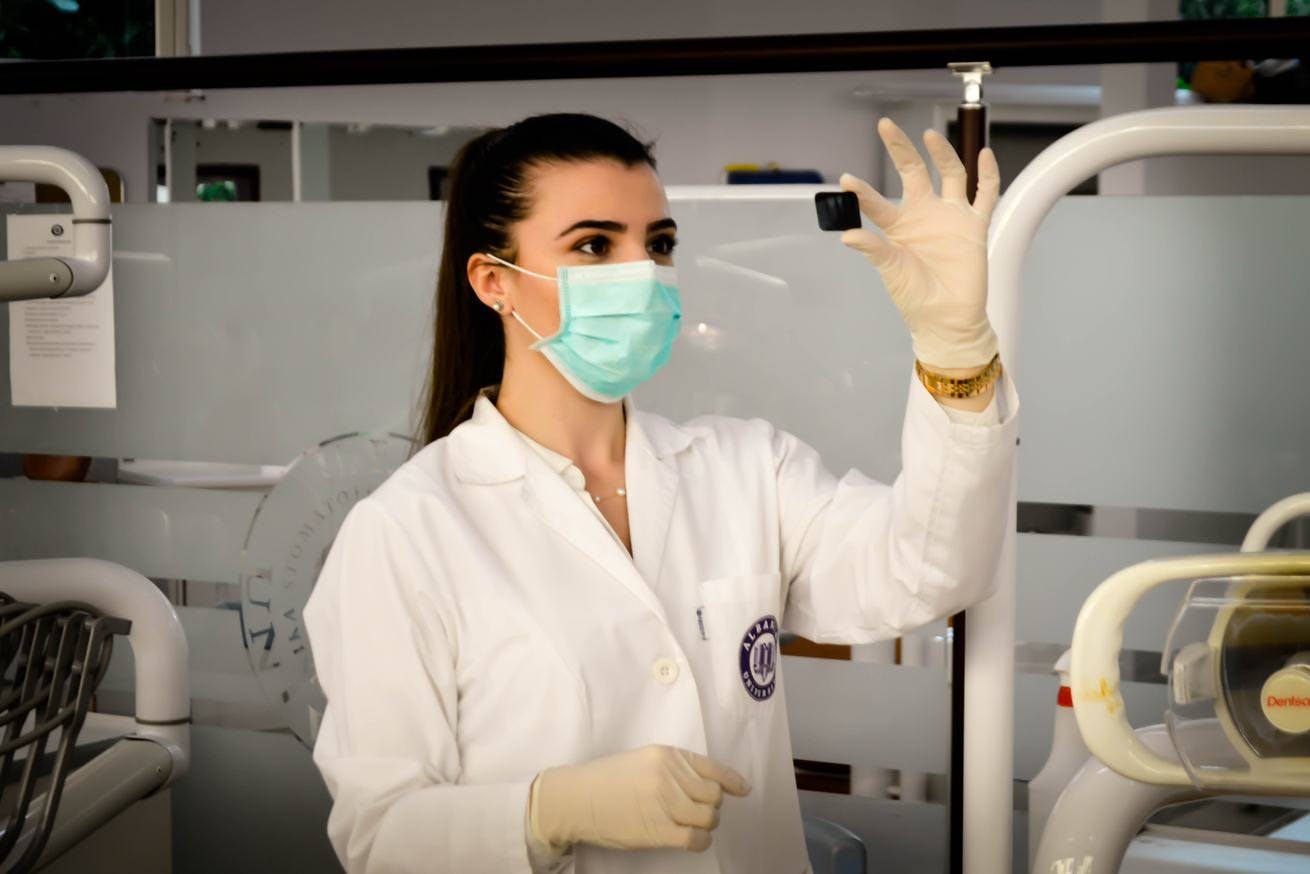Why Can Gastroscopy Results Vary?
A gastroscopy (or endoscopy) is an examination that allows us to look directly at the upper part of the gastrointestinal tract; the oesophagus (also known as the gullet, the tube that food passes down to reach the stomach); the stomach and around the first bend of the small intestine (duodenum). To do this, a thin flexible tube called a gastroscopy or endoscopy, which has a light and camera at its end, is used.

There are several reasons why a gastroscopy is done. Gastroscopy is one of the most important tests used in patients with symptoms related to the oesophagus, stomach and duodenum. It is used to assess the anatomy of these parts of the gut; for instance, to assess a hiatus hernia. It can be used to look for abnormalities affecting the lining such as Barrett’s oesophagus (a pre-cancerous change in the cells lining the oesophagus, often associated with chronic reflux) or ulcers. It can assess abnormalities in the wall such as strictures (narrowing) and can provide some subjective evidence of function (for instance seeing food in the stomach). Gastroscopy is also used for taking biopsies, where small samples of tissues are removed from the lining of the oesophagus, stomach, or duodenum for analysis in the laboratory. Lastly, some patients require therapeutic gastroscopy where there is some form of treatment, for example, Stretta®️ for the treatment of reflux symptoms.
So, do results vary?
It has been known for many years that results of gastroscopy vary. Why?
Firstly, whilst the quality of the images produced by modern endoscopes is extremely high, there is sometimes room for interpretation. For example, in Barrett’s oesophagus the size of the patches of changed cells is not always 100% clear and one operator may conclude the patient has Barrett’s and another might say not. Indeed, sometimes patients are told they have Barrett’s when they don’t and vice versa.
Secondly, experience and training. The more experienced and trained the clinician performing the procedure the higher quality the examination tends to be. And of course, many endoscopies are not performed by specialists and the operator may not take enough time to perform the examination optimally.
Thirdly, many endoscopies are performed to exclude cancer as a cause of symptoms. In these situations, the operator will be focused on this and sometimes less on more subtle findings.
Lastly, reporting. There is no standard to the reports issued following gastroscopy. Consequently, there is enormous variation in the quality of reports. For instance, a hiatus hernia may be mentioned as being “marked” or “large” but with no further detail to quantify the size or characterise its type. This can be important in deciding treatment options.
At RefluxUK we organise and perform hundreds of gastroscopies every year so if you need one, please get in touch and let us help you arrange one local to you. If you are self-funding, we offer extremely competitive rates.



